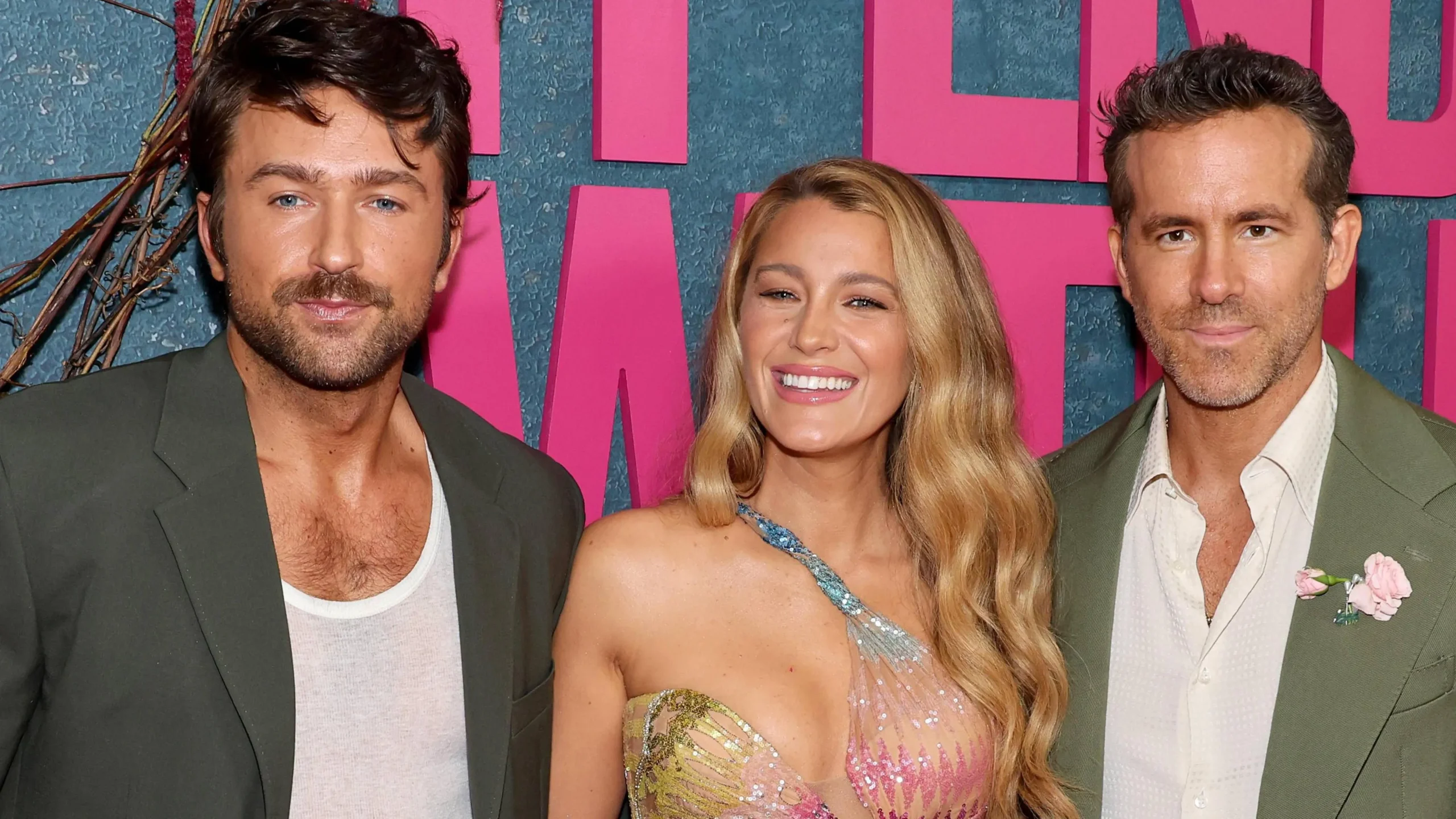
Blake Lively’s allegations against co-star and director Justin Baldoni have sent ripples through the entertainment industry. Filed shortly before Christmas, her civil complaint accuses Baldoni of sexual harassment during the production of the romantic drama, a claim he vehemently denies. The contention centers around a video released by Baldoni’s legal team, showcasing the actors in a seemingly casual interaction during a bar scene, which Lively points to as evidence of his improper conduct.

The Intimacy Coordinator’s Role
This incident has reignited discussions about the essential function of intimacy coordinators in navigating complex scenes that involve physical closeness. Pioneered by professionals like Ita O’Brien, the role is likened to that of a stunt coordinator, ensuring safety and consent during scenes that require intimate interaction. O’Brien emphasizes, “Just as you wouldn’t perform a stunt without a stunt coordinator, the same should apply for any scenes involving intimacy.”
Choreography and Consent
The footage in question reveals a lack of choreography and prior agreement on the interactions between Lively and Baldoni, highlighting the challenges actors face when scenes are not meticulously planned. Intimacy coordinators like Mia Schachter from Apple TV+’s “Lessons in Chemistry” and HBO’s “Insecure” advocate for clear choreography and consent to prevent any discomfort or misunderstanding on set.

Schachter points out the subtleties in the footage where Lively appears to maintain professionalism despite discomfort, suggesting that an intimacy coordinator could have preemptively addressed and resolved these issues.
Beyond the Camera Lens
The allegations also draw attention to the power dynamics inherent in the actor-director relationship, particularly when one party is responsible for both directing and acting. Arielle Zadok, an experienced intimacy coordinator, notes, “The inherent power dynamic between actor and director is glaringly obvious and complicates the negotiation of scene details.”
Tommy Ross-Williams, chair of the Bectu trade union’s intimacy coordinators branch, further discusses the difficulties actors face when they must navigate personal boundaries while delivering a performance. According to Ross-Williams, clear distinctions must be maintained not only in-character versus out-of-character moments but also in understanding the dual roles individuals like Baldoni play on set.

The Way Forward
The discussion surrounding Blake Lively’s lawsuit is far from just a tabloid headline; it’s a potent reminder of the evolving standards of safety and professionalism required in the film industry. As Hollywood continues to grapple with these issues, the call for mandatory intimacy coordinators on set seems increasingly justified, ensuring that all parties are clear, comfortable, and consensual in their roles.
